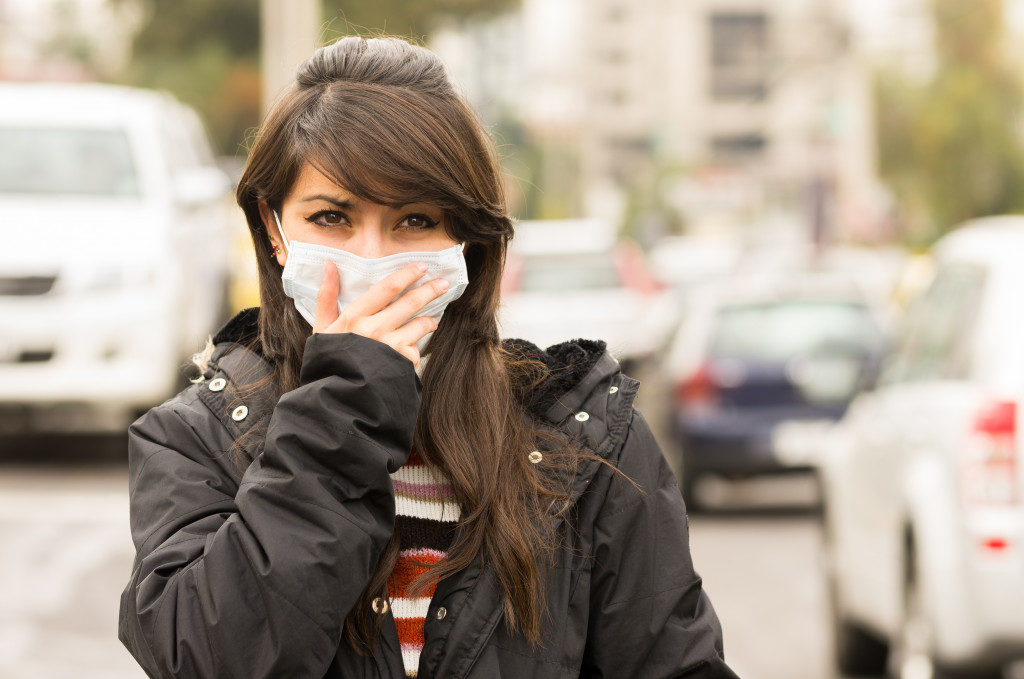With all the confusion and uncertainty surrounding the spread of COVID-19, knowing what resources and platforms a community can rely on has been ever more important. The need for timely and accurate information and the ability to get necessary services and goods have reached stark importance in the new normal of quarantine, social distancing, and limited business operations.
If you’re unsure what trustworthy sources are out there, here are a few that can aid in your current situation.
Julota
Dubbed as a “community interoperability platform,” Julota (which can be found through visiting julota.com) was created to connect different services and systems between institutions like healthcare, the police, social services, and even non-profit organizations. By putting them into one hub, communications are aligned between different areas, making it easier for communities to have quick access and response to various forms of aid.
It uses automated analysis and tracking to identify cases and update each pertinent sector without the need for each to switch systems. The software ties it all together. This set-up becomes a beneficial tool when communities need medical and food outreach during these trying times. It can also be used by health responders for emergencies and managing any COVID-19 cases that crop up.
Within the system, cases can have their assessment results marked and automatically collate data and assign follow-up dates. With that system, different individuals within the community are connected to health services they need, and providers are allowed a streamlined means to monitor each one.
Verified Telegram channels
Known as one of the most popular and secure chat applications today, the platform is currently making use of its “channel” feature to give constant updates for people who subscribe to verified networks they are hosting. This factor allows users to have a consistent stream of news and pertinent information with the ease of knowing that any fake news will be filtered out before it reaches their feed.
This service is localized, meaning there are different channels based on the country and area the user is in. That ensures that the most relevant updates are prioritized, making it a valuable reference point for those who want to be in the know and need to plan out their weeks for supply shopping, limited travel, and more.
World Health Organization official social media

The WHO has been mainly in charge of disseminating medical and scientific resource information. It can be helpful to follow their social media so that you have the most up-to-date details and you’re sure that you are not making use of outdated or even fake guidelines.
Part of the WHO’s plans for risk communication is to ensure that they have interconnected platforms in social media, radio, and other digital media so that there is reliable research and data no matter what outlets you use. This option can help awareness to avoid harmful misinformation.
With all these accessible resources, it’s less challenging to stay connected. In turn, it is more manageable to know what your options and next steps can be during the pandemic.



